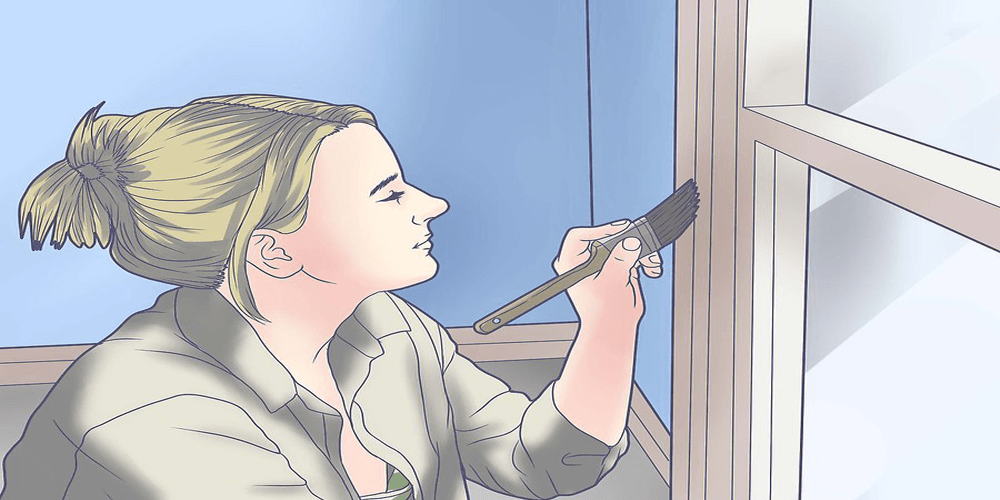4 Best Ways to Protect Your Investment – Buying Property in Thailand
Can a foreigner buy land in Thailand?
Buying Property in Thailand, can a foreigner own land? In short no, the only type of property a foreigner can own is a condo as it does not involve owning all the land of the buildings footprint. There are however options for those not wanting to live in small environment of a condo and prefer the freedom and privacy of living in a house.
Buying Property in Thailand
If you’re a frequent visitor, wanting to become an expat, and looking at buying property in Thailand but have been put off by horror stories you’ve heard we’ve put together this short guide on how to protect yourself.
We see and hear on a daily basis foreigners who have run into problems with property they have bought or built in Thailand that could have been so easily avoided.
Avoid the pitfalls when buying property in Thailand
Property in Thailand is cheap compared to Europe or America:
| Country | Average Price Local | Average Price THB | Data |
| UK | £232,554 | ฿9,631,634 | UK Land Registry Sept 2018 |
| US | $395,000 | ฿12,928,634 | Gov Census Oct 2018 |
| Spain | €361,526 | ฿13,485,000 | Spainhouses Dec 2018 |
The equivalent sized property in areas such as Ubon Ratchathani might cost as little as 2 or 3 million baht and therefore easy to dismiss the importance of protecting your investment. However whilst it might seem cheap coming from a foreign country one should remember, when equated to earnings, 2 or 3 million baht is 16 to 25 years average Thai salary and therefore essential to have something in place. Most would never dream of investing 16 to 25 years average salary without a safeguard in their own country, why do it in Thailand?
4 Best Ways to Protect your Investment
- Leasehold 30+30 years – This is the same as renting but for a longer term. In other words the owner, often the partner, rents the property for a period of 30 years with a renewal clause for a further 30 years. This gives you the right to occupy the property for the said length of time and also the ability to sell the leasehold agreement if required or pass it down to heirs to enjoy the property for the remainder of the lease term. There are some taxes to be paid upon registering the lease against the property and it cannot be used if already married.
- USUFRUCT – Much like the above this gives the rights to occupy the property. The difference being is the agreement is extinguished upon death and the property is then returned to the owner. This is ideal for those who wish to leave the property to their spouse. It can be used even if already married and there are no taxes to pay merely a small surcharge of around 200 baht to register the agreement at the land office.
- Mortgage – Exactly what it says, the foreigner becomes the bank and is registered on the chanote (title deed) as the lender. Whilst this does not give the right to occupy the property it does have the upside of being able to force a sale meaning that if there was ever a dispute arise the owner would have to either reimburse the amount indicated on the mortgage agreement or if they cannot do so the property is sold and the debt paid off to the lender. It also prevents the owner borrowing against the property.
- Company – This involves forming a company the property is then held as an asset of the company. The company needs to be 51% owned by Thai stakeholders and only 49% can be foreign owned. However there is a system called preferred shares which grants double the voting rights per share. The 49% stake actually gives 98% voting rights and therefore as the foreigner cannot be legally voted out as Director and signatory. You can sell the property or the company at any stage. One drawback is annually the company must makes tax returns done by an accountant. This usually cost around 12,000 baht per annum.
Feel free to contact us at Ubon Homes for further details, we can help arrange the necessary documents for the above options for our customers.
*Please note Ubon Homes Co Ltd. are not legal advisors and all methods indicated should be prepared by a qualified lawyer. The options outlined above are NOT types of ownership but ways you can occupy a property and protect your investment. Land in Thailand MUST be owned by a Thai entity.















You must be logged in to post a comment.